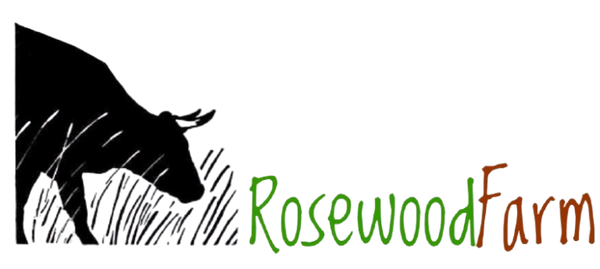Rosewood Farm Blog

Where have all the cows gone?
I never thought that conservation grazing was ever going to be anything other than a niche area in which to work in a country where so many semi-natural habitats have...
Where have all the cows gone?
I never thought that conservation grazing was ever going to be anything other than a niche area in which to work in a country where so many semi-natural habitats have...

1925
The recent announcement of changes to Inheritance Tax for family businesses have prompted much debate and protest since the budget in October. The one positive I take from it is...
1925
The recent announcement of changes to Inheritance Tax for family businesses have prompted much debate and protest since the budget in October. The one positive I take from it is...

From Arts to Agri
Written by Emma Rose. There is a morning dew in the air as the sun rises, ready for another warm day. A pale blue sky surrounds the summer-green leaves of...
From Arts to Agri
Written by Emma Rose. There is a morning dew in the air as the sun rises, ready for another warm day. A pale blue sky surrounds the summer-green leaves of...

Tips & Trees
Tips and Trees It’s been a difficult winter at Rosewood, not least because the summer was so wet, then the rain came early and relentlessly over the winter months, as...
Tips & Trees
Tips and Trees It’s been a difficult winter at Rosewood, not least because the summer was so wet, then the rain came early and relentlessly over the winter months, as...

The end of a long winter
‘Winter for the livestock farmer is something to be survived, a time of relentless work needing to be done, and of equally relentless expenditure’ The above passage from Roger Morgan-Grenville’s...
The end of a long winter
‘Winter for the livestock farmer is something to be survived, a time of relentless work needing to be done, and of equally relentless expenditure’ The above passage from Roger Morgan-Grenville’s...

Sustainable Farming - where is the incentive?
In 2005 English Nature (the former name of Natural England) published the paper The importance of livestock grazing for wildlife conservation, which detailed the concerns over the changes to farm...
Sustainable Farming - where is the incentive?
In 2005 English Nature (the former name of Natural England) published the paper The importance of livestock grazing for wildlife conservation, which detailed the concerns over the changes to farm...

